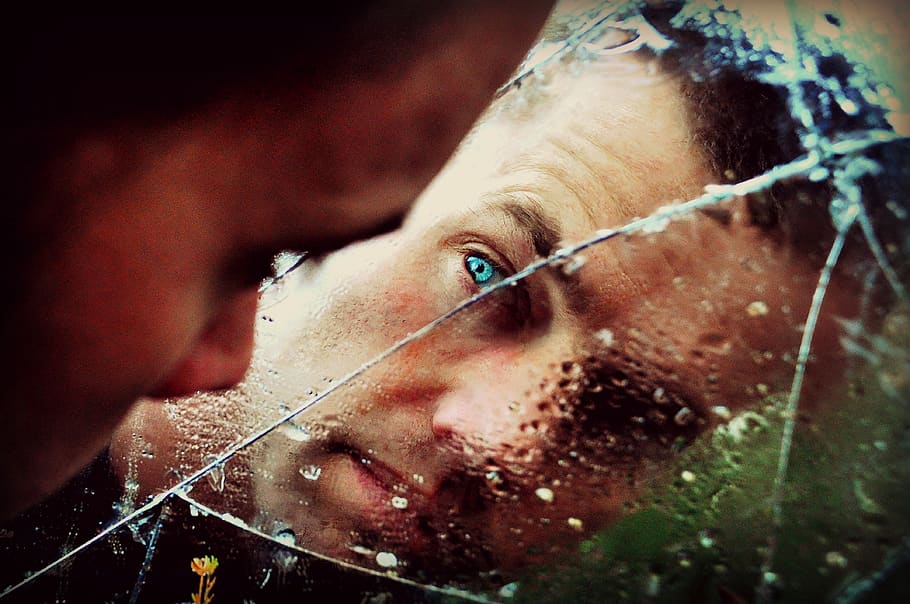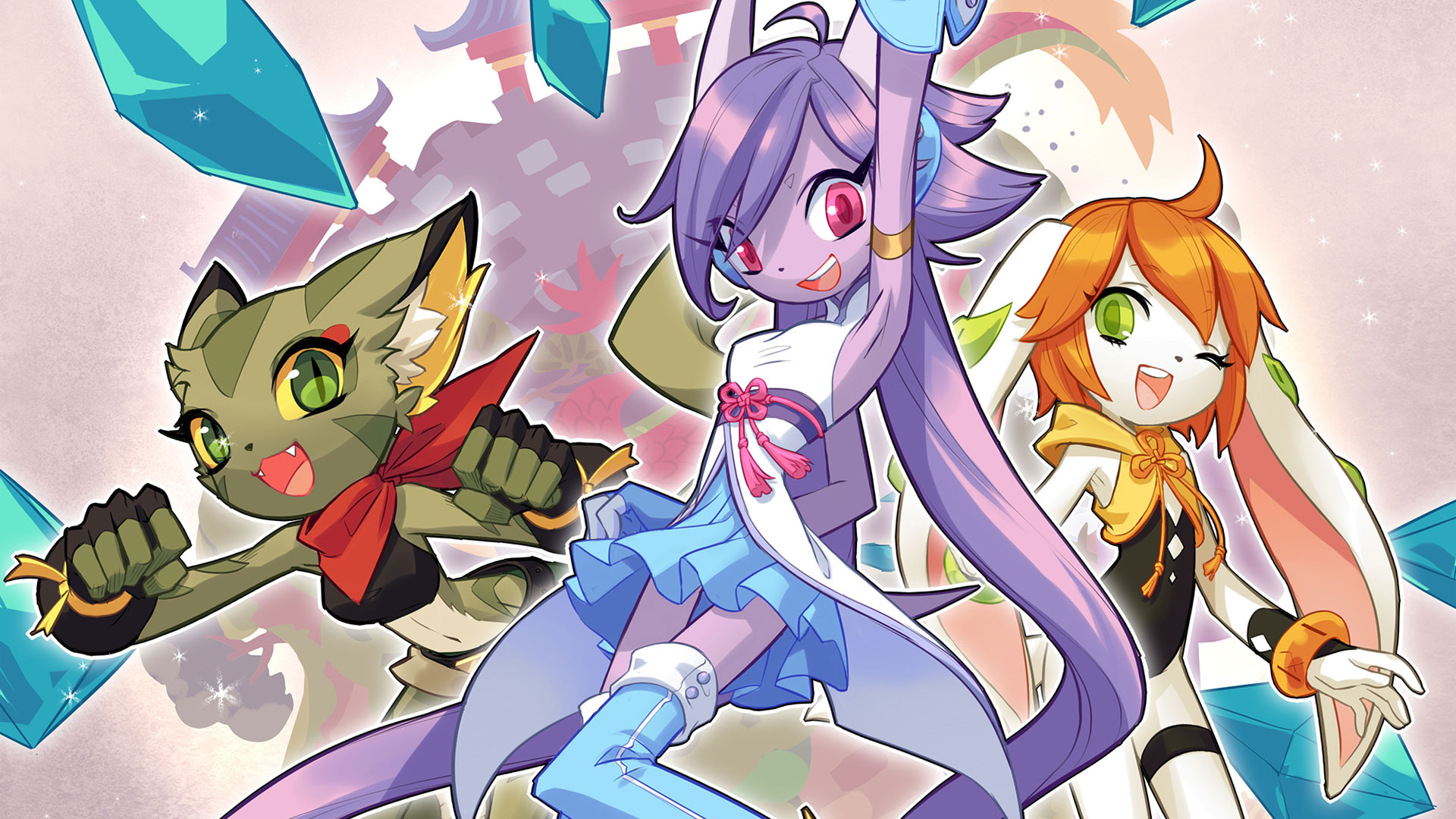This there is an odd thing that we do all the time without knowing that we are doing it. The odd thing that we do is that we squeeze space so as to create a self. We restrict our awareness to a very narrow, very tight field and that way we get to create a ‘sense of self’. What we have then is a tight little self which continually has lots of tight little thoughts!
This is (as we might surmise) not a comfortable situation for us. It is ‘comfortable in one way only’ because there is the security of the tight little self with its tight little thoughts, but it’s uncomfortable in every other way. It would be great to unwind, to relax into spaciousness, but we don’t know even now that this is possible – the awareness that this is possible is the furthest thing from us. We go looking for all sorts of surrogate forms of relief (we go looking for all sorts of ‘vicarious pleasure’ as Wei Wu Wei puts it) but genuine relief – which is what we really want – is something that we will never ever taste. It’s not possible to have the security of being a self and at the same time experience the relief of ‘expanding into spaciousness’.
We squeeze space by conceptualising all the elements of our experience, by slapping a concrete evaluation on everything that moves. This creates a very tight little world for us to live in – it really is very tight. It’s tight because there is no space between ‘the evaluator’ and ‘what is being evaluated, because there is no space between ‘the thinker’ and ‘the thought’. There is no space between the thinker and the thought because they’re both the same thing. The thinker and the world that thought creates are ‘all of one piece’ and so there’s no room for manoeuvre there. We think that there is room for manoeuvre in this narrow world, but there isn’t.
Saying that there is no space between the thinker and the thought is the same as saying that there is no freedom available for the thinker. By squeezing space we have gotten rid of our ability to look at things in any other way than the way we already are looking at them. We’re blinkered – it’s as if we have got our head in an iron vice that doesn’t allow us to look either in the one way or the other, this. We have to be ‘frozen’ like this if we are to gain the security-producing illusion of that concrete self to lean on – that’s the price we have to pay. If we actually knew the price that we were paying we wouldn’t pay it, but we don’t know. That’s the whole point. We’re not able to understand, we’ve lost the capacity – we’ve lost the capacity to know what freedom is along with the capacity to know that we have lost it.
There is no room for manoeuvre in the mind-created world, as we have just said, and that means that we can’t question the literal or categorical truths that make up our narrow little world. Being able to question the literal truths is the most essential form of freedom there is – being able to see through so-called ‘literal truths’ is the only type of freedom that actually counts for anything. Without it, what type of freedom can we possibly claim to have? We are ‘free to do or think anything we like within the limiting context of the artificial world that thought has created for us’ and that isn’t freedom at all. There can never be any such thing as ‘freedom within the limiting context of an illusion’!
When we live in the literally-defined world then the only type of freedom we can have is the freedom that these literal beliefs allow us to have and literal beliefs don’t allow us any type of freedom. That’s what the word ‘literal’ means – it means that there is only one way to interpret the world that we have been presented with. The ‘concrete reality’ isn’t just the picture of the world that we have been presented with, it also includes the way which we are to relate to it. And not only that, in compelling us to relate to what we are being presented with in a literal way we are also compelled to identity with a concrete sense of self. These are various ways of saying that the literal world that thought creates has zero freedom in it. No matter how we choose to say it however, it always comes down to the very same thing! Zero freedom means zero freedom and that’s the long and the short of it.
We do however have to reflect quite a lot on the matter to understand clearly what zero freedom actually means. This is not by any means as straightforward a concept as it might sound – there is a paradox in the notion of ‘zero freedom’ that we can’t immediately see. Zero freedom is the price we have to pay if we are to avail of the dubious ‘security’ which is provided by the illusion of the concrete self, but what exactly does this mean for us in practice? What exactly is ‘the price that we are paying, without knowing that we are paying it’? Since we can’t (as we have already said) comprehend what genuine freedom is, how can we expect to understand what the loss of it entails? We can if we want say that the price is [1] that we have to live our whole lives in a world in which there is absolutely no freedom, and [2] that we can’t actually ever know that we aren’t free, but what exactly does this mean, seeing as how what we are – in our essence – actually IS freedom?
Art: Park Ki Pyung, image taken from thisiscolossal.com






